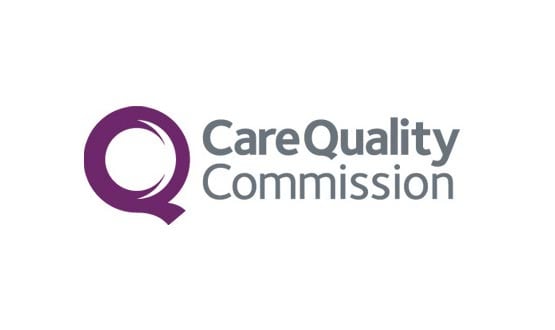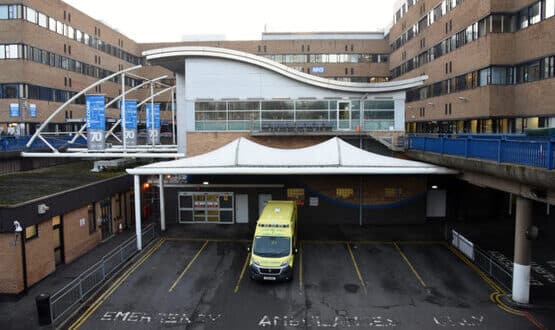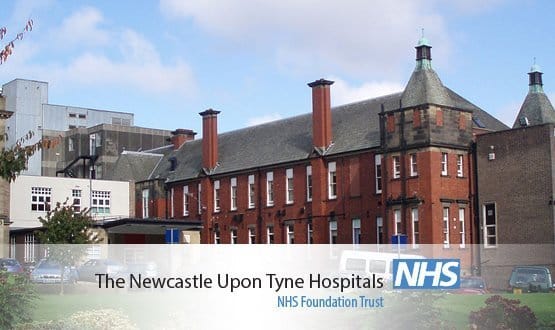CQC releases trust risk ratings
- 24 October 2013

The Care Quality Commission has used a new intelligent monitoring tool to identify the next 19 acute trusts for inspection.
The regulator has also published the results of its intelligent monitoring for all acute trusts, with every trust banded from 1-6, with one being the most high risk.
The 19 named today will be the first trusts to be to be given an ‘Ofsted-style’ rating by the CQC, with all trusts due to be inspected and rated by December 2015. Trusts will be rated as either outstanding, good, requires improvement or inadequate.
The CQC said its selection of acute trusts for inspection has been informed by an intelligent monitoring tool developed by the regulator’s analysts.
The intelligent monitoring is based on 150 indicators that look at a range of information including patient experience, staff experience and statistical measures of performance.
CQC’s chief inspector of hospitals, Professor Sir Mike Richards said: “as a doctor, I liken intelligent monitoring to a screening test; our inspection combined with intelligent monitoring provides the diagnosis, following which we make a judgement, which will in turn lead to action.
“Our intelligent monitoring helps to give us a good picture of risk within trusts, showing us where we need to focus our inspections. We aim to publish the results at regular intervals,” he said.
“As well as providing us with guidance on who we should inspect first, this helps us identify and respond more quickly to hospitals where there is a risk that people might not be receiving safe, effective, high quality care.”
CQC’s ratings of trusts will take into account the results of its intelligent monitoring and reports from other organisations, as well as what inspectors find during inspections.
“We will update and refine this information as we gain greater insight and receive more feedback about the quality and safety of care in trusts,” a CQC statement says.
“We want trusts to use the information to help them improve their performance.”
Former health minister Professor the Lord Darzi of Denham, said: “there is a huge amount of data available about our health services, but to be useful it needs to be focused on those indicators that give the clearest picture of the quality of care.
"The intelligent monitoring tool helps CQC make best use of the data so it can look more deeply at issues of concern. It is an important development.”
The 19 selected acute trusts have ben chosen because they either; are showing as higher risk in the new intelligent monitoring system; have an intermediate risk that allows CQC to test the intelligent monitoring tool; or are aspirant foundation trusts that Monitor have asked CQC to look at.




